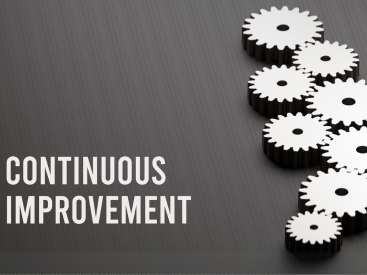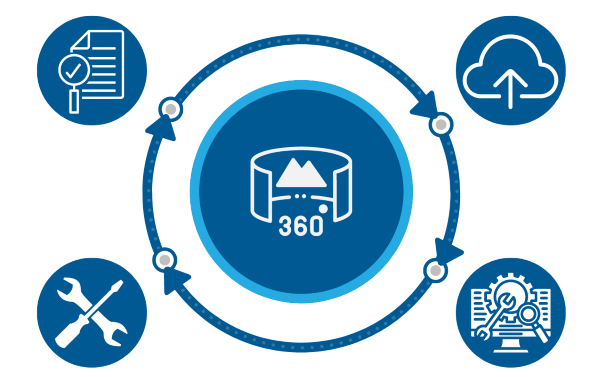How an Exhibition Company in Dubai utilized “Assessment Centers” for an Emiratization initiative

Assessment Centre
Assessment Centre is a talent management resource that incorporates a series of tools commonly used by employers to assess an individual’s competency, role fit, and identifies development needs that are not assessable from traditional methods.
The Assessment Centre is a highly dependable method for mapping out the competencies of companies' current or future employees and defining their future development plans. In a typical case, employees are placed into teams and participate in individual and group situations that are associated with the competencies necessary for success in a specific position in a particular organization.
Once done right, the Assessment Centre will provide reliable and relevant information about the strengths and weaknesses of the participants. It will also allow the organization to identify precisely targetable development activities which focus on areas identified in the Development Center as requiring improvement. On the other side, most participants will find an Assessment Centre a great opportunity to learn from the activities and from others and discover areas of strengths and weaknesses that they did not know about themselves previously.
How we helped?
MENTOR was given the challenge to design the Assessment Centre based on our client’s competency framework, we have developed a series of activities that aim to assess young and newly hired Emirati trainees’ proficiency level against specific competencies related to their role by placing them in challenging situations and observing their thinking pattern and actions. Some of the conducted activities include:
• Leaderless Group Discussions (with or without assigned roles)
• Analysis Problems / Case Studies
• Business Simulations
• Role Plays
• Presentations
• Fact-finding exercises
• In-Tray/ In-basket exercise
• Skills and abilities tests
MENTOR worked closely with the client during and after the Assessment Centre to ensure that the engagement achieves its goals. Below are the stages and activities that were conducted in each:
Phase One: Preparation Stage:
• MENTOR reviewed the competency framework to establish a robust understanding of the targeted competencies.
• MENTOR designed the Assessment Centre’s competency-based activities that focused on involving each participant and enabling them to demonstrate the skill related to each competency to assess their ability and extract the observations through clear and tangible actions.
Phase Two: Conducting the Assessment Centre:
• MENTOR conducted several sessions, each for a group of 5-6 people supervised by two assessors to observe and score their skills level.
• Assessors’ role was to explain to participants the aim of each activity and how it would be conducted, then facilitate the activity without interfering with how the participants are taking their decisions and what actions they are doing.
• The assessors observed the behaviors and accurately recorded them.
Phase Three: Reporting Strengths & Weaknesses
• After the sessions, MENTOR provided an individual strength & weakness report identifying areas of improvement for each participant as well as a management report showing trends and group insights.
• MENTOR conducted a one-to-one feedback session with each participant. The importance of feedback is a vital component of the performance development process, the one-to-one meeting with the participants guides them in their learning paths and puts them on the right development track that includes a clear action plan.
BUSINESS IMPACT:
With the help of MENTOR team of consultants and professionals the Assessment Centre enabled the decision makers to gain a more comprehensive understanding of each trainee’s performance and most importantly, potential. Armed with evidence-based insights, each trainee was able to Identify strengths and areas for learning and development to accelerate their growth path.
Moreover, the management team achieved a comprehensive view of the trainees’ capabilities which enabled faster and more informed decision-making on learning & development plans.











